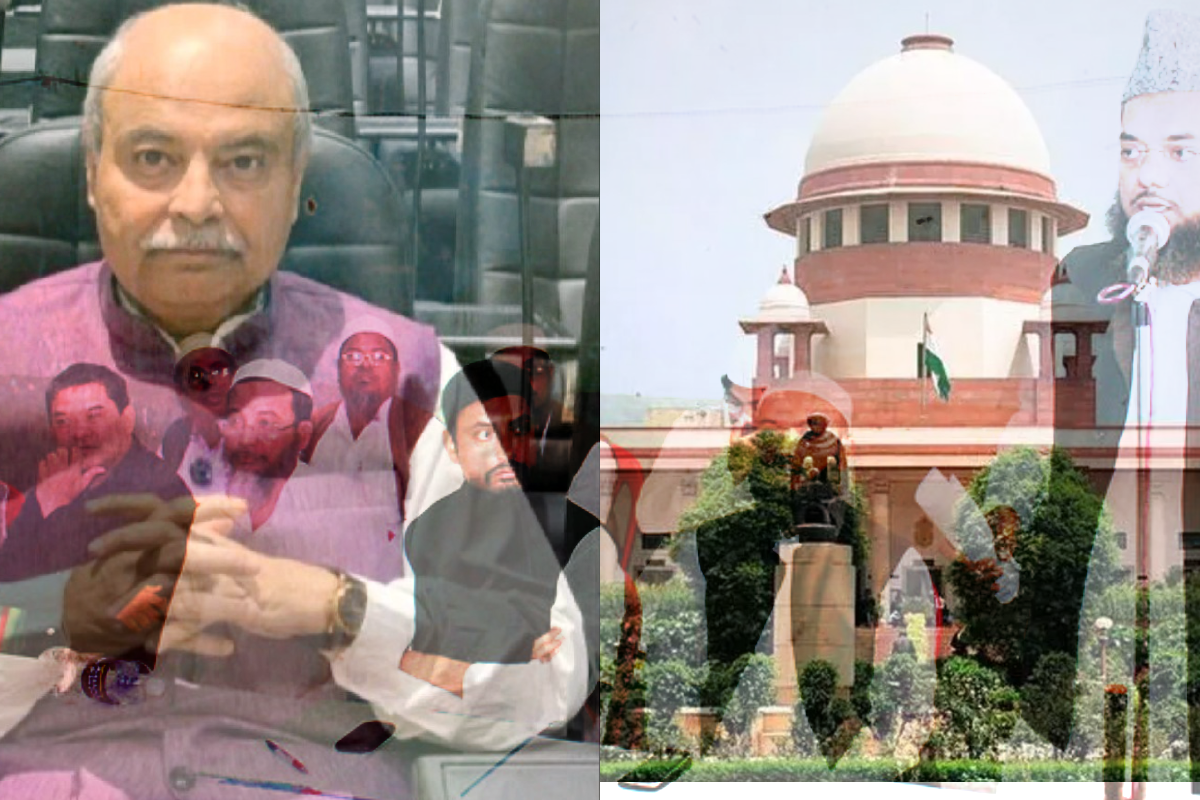The Central Information Commission has said the 1993 Supreme Court order allowing remuneration to imams in mosques violates the Constitution. Making a strong remark against the SC ruling, CIC also said that the policy of ‘giving special benefits’ to Muslim community encouraged ‘fissiparous tendencies’ among a section leading to the partition of India.
In 1993, a Supreme Court ruling had directed the waqf board to pay imams in mosques under its management remuneration.
Chief Information Commissioner Uday Mahurkar said, “It is necessary to go into the history when it comes to giving special religious benefits to the Muslim community by the State. A religious (Islamic) nation Pakistan was born out of the demand of a section of Indian Muslims for partition of India along religious lines. Despite Pakistan choosing to be a religious (Islamic) nation, India chose a Constitution guaranteeing equal rights to all religions”.
Adding that such a provision encourages separatist tendencies he said, “It is necessary to note here that it was the policy of giving special benefits to the Muslim community before 1947 that played a key role in encouraging pan-Islamic and fissiparous tendencies in a section of Muslims, ultimately leading to the nation’s partition”.
It was also stated by the information commissioner that, if remuneration was only given to imams and others in mosques, “it would betray the Hindu community and non-Muslim minority religions as well as encourage pan-Islamic tendencies among an already visible section of Indian Muslims”.
Steps such as giving special religious benefits to the Muslim community only like the one taken up in the present matter, in fact, severely affects interfaith harmony as they invite contempt for the Muslims as a whole from a section of ultra nationalist population, Mahurkar said.
CIC Uday Mahurkar made these comments while hearing an RTI application filed by an activist demanding details of salaries to imams by the Delhi government and the Delhi Waqf Board.
He also observed that the order violated constitutional provisions that say “tax payers money will not be used to favor any particular religion”.
He has directed that a copy of his order be sent to the Union law minister with suitable action to ensure enforcement of provisions of articles 25 to 28 of the Constitution in letter and spirit to keep all religions on par in terms of monthly remuneration to priests of different religions at the cost of the public exchequer — both central and states — and also other matters.
“Further with regard to the judgment by the Supreme Court in the case between the ‘All India Imam Organisation and … vs Union Of India And Ors’ on 13 May, 1993, that opened the doors to special financial benefits from public treasury to only imams and muezzins in mosques, the commission observes that the highest court of the country in passing this order acted in violation of the provisions of the Constitution, particularly Article 27, which says taxpayers money will not be used to favor any particular religion,” Mahurkar said.
“The commission notes that the said judgment sets a wrong precedent in the country and has become a point of unnecessary political slugfest and also social disharmony in the society,” the information commissioner said.
Moreover, the Delhi Waqf Board was ordered to compensate RTI activist Subhash Agrawal, for his loss of time and resources chasing a response. A satisfactory response to the activist’s application was not received.
He said the Delhi Waqf Board (DWB) gets an annual grant of around ₹62 crore from the Delhi government while its own monthly income from independent sources is just around ₹30 lakh.
“So the monthly honorarium of ₹18,000 and ₹16,000 being given to the imams and muezzins of DWB mosques in Delhi is being paid by the Delhi government virtually from the taxpayers money which in turn is in sharp contrast with the example quoted by the appellant in which the priest of a Hindu temple is getting a paltry ₹2,000 per month from the trust controlling the said temple,” he said.
Mahurkar said those who justify such steps in the name of protection to religious minorities raise a question that if a particular religious minority has a right to protection, the majority community too has a right to protection in a multi-religious country where it is incumbent that the rights of the members of all religions are protected equally in the interest of inter-faith harmony and unity of the nation.
He said Delhi Waqf Board initially denied salaries to imams but later in a revised reply said it is only an honorarium not a salary.
“The commission observes that there was a clear attempt to hide the information in the initial period by a play of words which showed complete lack of transparency on the part of the respondent authorities in a case which in turn affects the provisions of the Constitution, and also social harmony and uniform applicability of laws for all religions in keeping with the constitutional direction that citizens of all religions be treated equally”, he said.










